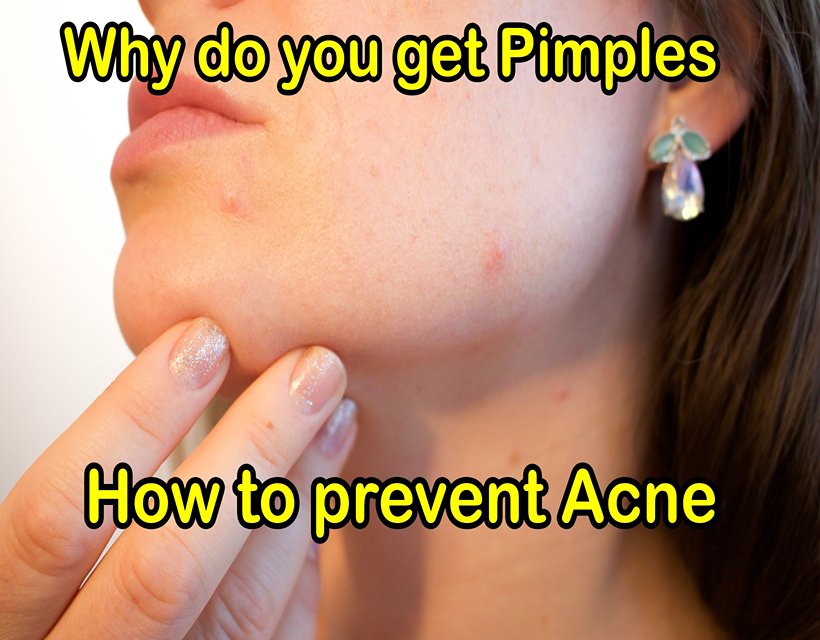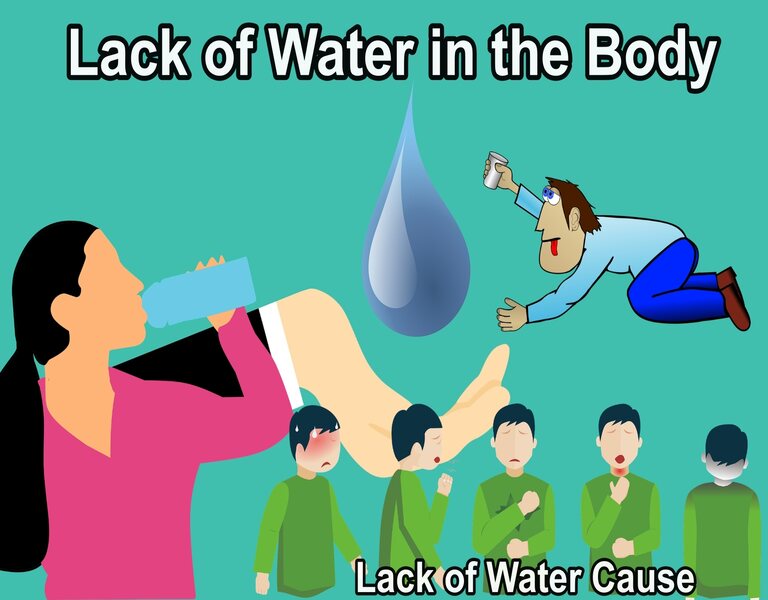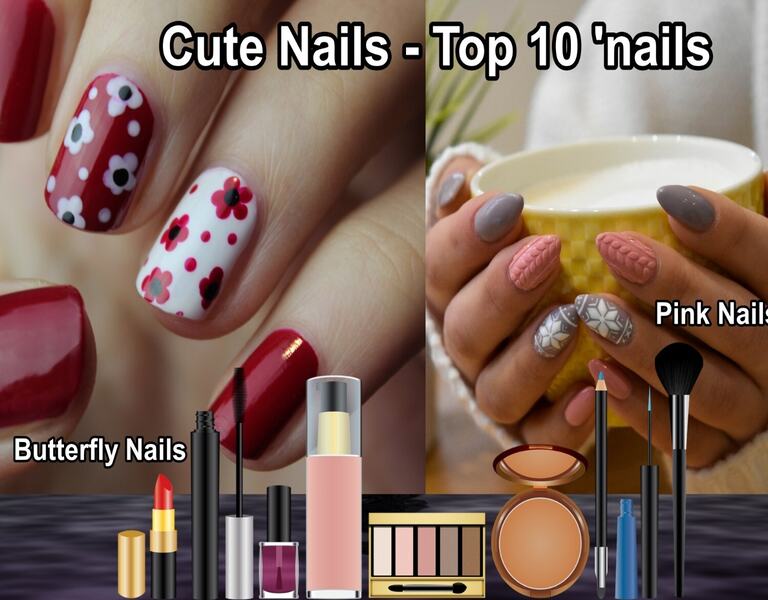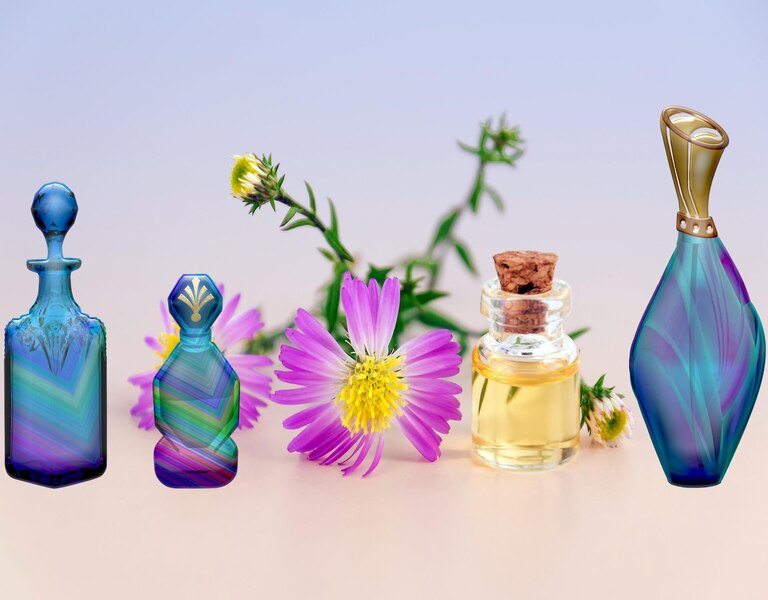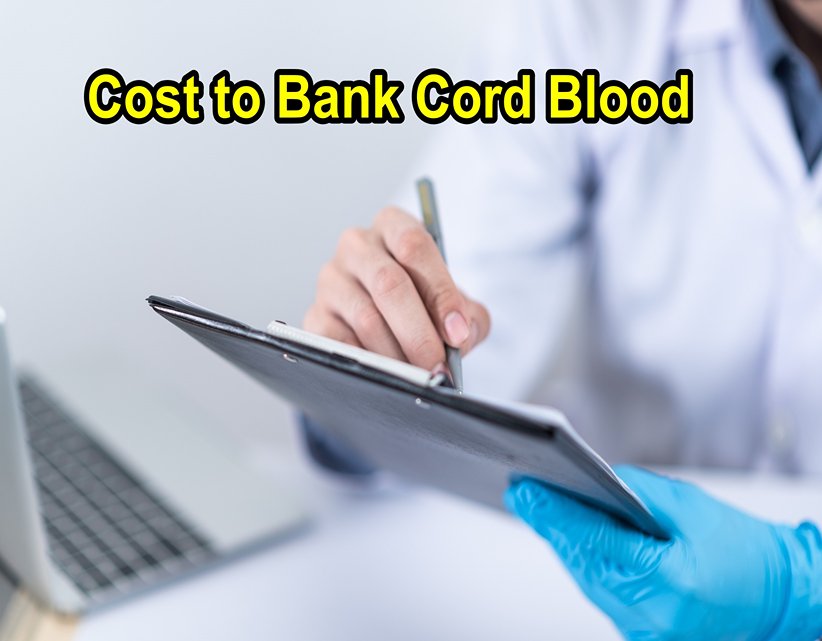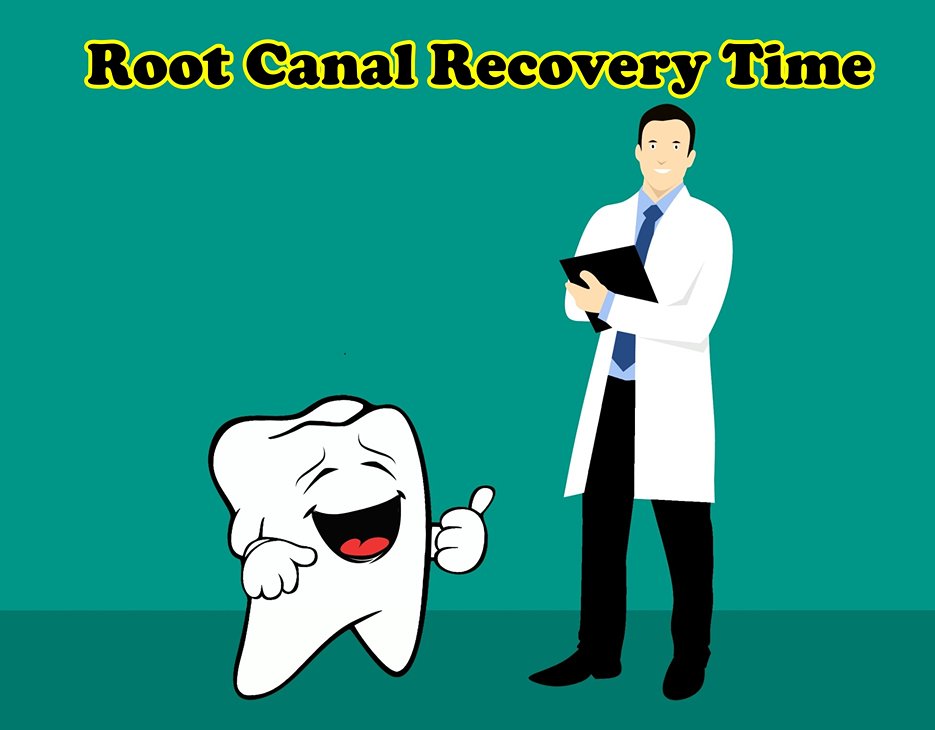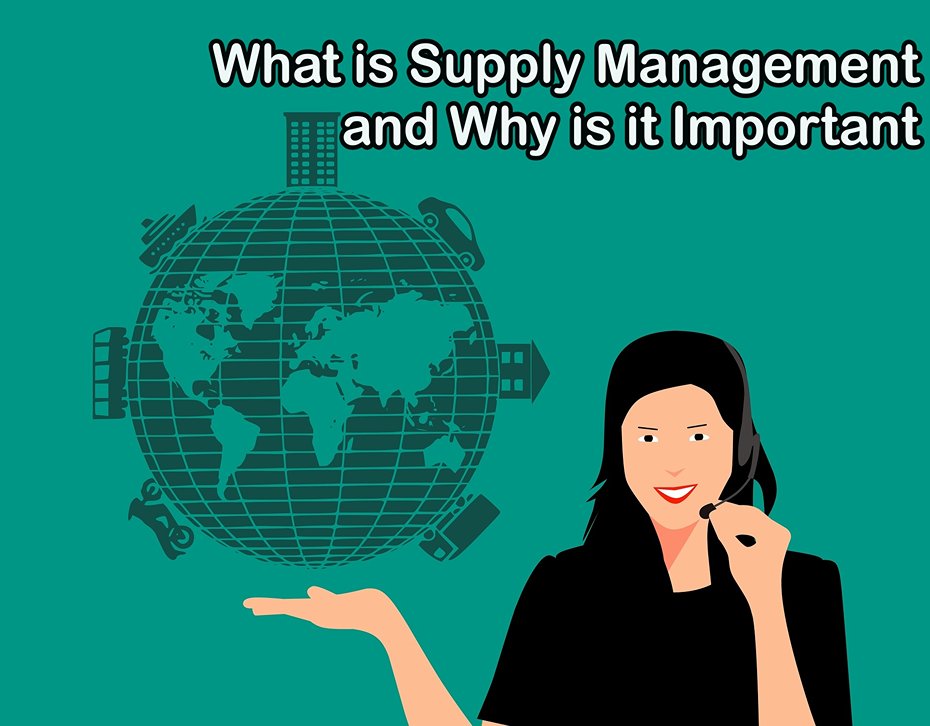Table of Contents
Why do you get pimples
They are most commonly found on the face, neck, chest, and back, and can be caused by a variety of factors. In this blog post, we will explore why pimples occur and what you can do to prevent them. Why do you get Pimples – How to prevent Acne
What are pimples?
Pimples are small, inflamed bumps on the skin that are caused by the clogging of pores. They can be either whiteheads or blackheads, depending on whether the clogged pore is closed or open. Pimples can also be cystic, which are larger and deeper under the skin, and can be more difficult to treat.
Why do pimples occur?
Pimples occur when the sebaceous glands in the skin produce too much oil, which mixes with dead skin cells and bacteria to clog pores. Hormonal changes, such as those that occur during puberty or menstruation, can cause the sebaceous glands to produce more oil, making pimples more likely to occur.
Other factors that can contribute to the development of pimples include:
Diet – Eating a diet high in sugar, processed foods, and dairy products can increase the risk of developing pimples.
Stress – Stress can cause hormonal changes in the body, which can lead to the production of more oil and an increased risk of pimples.
Poor skincare – Not washing your face regularly or using skincare products that are too harsh can lead to the accumulation of oil and dead skin cells, which can clog pores and cause pimples.
How can you prevent pimples?
There are several things you can do to prevent pimples from occurring:
Wash your face twice a day with a gentle cleanser to remove oil, dirt, and dead skin cells.
Avoid touching your face, as this can transfer bacteria and oil from your hands to your skin.
Eat a healthy diet that is low in sugar, processed foods, and dairy products.
Manage your stress levels through techniques such as meditation, exercise, or therapy.
Avoid picking or squeezing pimples, as this can lead to scarring and the spread of bacteria.
When to see a doctor
If your pimples are severe, persistent, or causing scarring, it’s important to see a dermatologist. They can prescribe medications, such as topical or oral antibiotics, retinoids, or hormonal treatments, to help manage your acne. Why do you get Pimples – How to prevent Acne
Pimples are a common skin condition that can be caused by a variety of factors. By following a consistent skincare routine, maintaining a healthy diet, managing stress levels, and avoiding picking or squeezing pimples, you can help prevent their occurrence. If you’re struggling with persistent or severe acne, it’s important to seek professional help from a dermatologist.
How do I stop pimples on my face?
Pimples, also known as acne, can be a frustrating and persistent skin condition. However, there are several steps you can take to help prevent and reduce the occurrence of pimples on your face:
Cleanse your face regularly: Wash your face twice a day using a gentle cleanser to remove oil, dirt, and dead skin cells that can clog pores and lead to pimples.
Avoid touching your face: Touching your face can transfer bacteria and oil from your hands to your skin, which can exacerbate acne. Try to avoid touching your face as much as possible, especially if your hands are not clean.
Use non-comedogenic skincare products: Look for skincare products that are labeled as non-comedogenic, which means they won’t clog pores. Avoid using heavy, oily, or greasy products on your face.
Don’t pick at your pimples: Picking or squeezing pimples can cause further inflammation, scarring, and the spread of bacteria. Instead, use a spot treatment with benzoyl peroxide or salicylic acid to help reduce the appearance of pimples.
Maintain a healthy diet: Eating a balanced diet that is low in sugar, processed foods, and dairy products can help reduce the occurrence of pimples.
Manage your stress levels: Stress can cause hormonal changes that can lead to the production of more oil and an increased risk of pimples. Try to manage your stress levels through techniques such as meditation, exercise, or therapy.
Seek professional help if needed: If you have persistent or severe acne, it’s important to see a dermatologist. They can prescribe medications, such as topical or oral antibiotics, retinoids, or hormonal treatments, to help manage your acne.
Preventing and reducing pimples on your face involves maintaining a consistent skincare routine, avoiding touching your face, using non-comedogenic skincare products, not picking at your pimples, eating a healthy diet, managing your stress levels, and seeking professional help if needed. Why do you get Pimples – How to prevent Acne
How to reduce pimples naturally?
Tea tree oil: Tea tree oil has antibacterial properties that can help reduce inflammation and kill bacteria on the skin. Dilute tea tree oil with carrier oil, such as coconut oil or jojoba oil, and apply it to the affected area with a cotton swab.
Honey: Honey has antimicrobial and anti-inflammatory properties that can help reduce pimples.
Aloe vera: Aloe vera has anti-inflammatory properties that can help reduce redness and inflammation associated with pimples.
Green tea: Green tea has antioxidants that can help reduce inflammation and fight bacteria on the skin. Brew a cup of green tea and let it cool before applying it to the affected area with a cotton ball.
Witch hazel: Witch hazel has astringent properties that can help reduce inflammation and redness associated with pimples.
Lemon juice: Lemon juice has antibacterial properties that can help kill bacteria on the skin.
It’s important to note that natural remedies may not work for everyone and may take time to see results. If your pimples are persistent or severe, it’s important to seek professional help from a dermatologist. Why do you get Pimples – How to prevent Acne
How to have clear skin?
Having clear skin involves maintaining a healthy skincare routine and taking care of your overall health. Here are some tips to help you achieve clear skin:
Cleanse your face twice a day: Use a gentle cleanser to remove oil, dirt, and dead skin cells from your face. Avoid using harsh or abrasive cleansers, which can strip your skin of its natural oils.
Exfoliate regularly: Exfoliating once or twice a week can help remove dead skin cells and unclog pores, which can lead to clearer skin. Use a gentle exfoliant, such as a scrub or chemical exfoliant, to avoid irritating your skin.
Moisturize daily: Moisturizing your skin can help keep it hydrated and healthy. Choose a moisturizer that is appropriate for your skin type and avoid heavy or greasy formulas that can clog pores.
Protect your skin from the sun: UV rays from the sun can damage your skin and lead to premature aging and skin cancer. Use broad-spectrum sunscreen with an SPF of 30 or higher and wear protective clothing, such as a hat and sunglasses, when spending time outdoors.
Eat a healthy diet: Eating a diet rich in fruits, vegetables, and whole grains can help provide your skin with the nutrients it needs to stay healthy. Avoid eating too much sugar and processed foods, which can lead to inflammation and breakouts.
Manage stress: Stress can lead to hormonal imbalances that can cause breakouts. Try to manage your stress through techniques such as exercise, meditation, or therapy.
Having clear skin involves maintaining a healthy skincare routine, protecting your skin from the sun, eating a healthy diet, staying hydrated, and managing stress.
Why are my pimples not stopping?
There are several reasons why your pimples may not be stopping, including:
Hormonal changes: Hormonal fluctuations can cause pimples, particularly in women. Hormonal changes can lead to an increase in oil production and inflammation in the skin, which can lead to pimples that are difficult to control.
Genetics: Genetics can play a role in acne. If your parents or other family members have a history of acne, you may be more likely to experience it as well.
Poor skincare routine: If you’re not cleansing your face regularly, exfoliating, and moisturizing, dirt, and oil can build up on your skin, leading to clogged pores and pimples.
Diet: Eating a diet high in sugar and processed foods can lead to inflammation in the body, which can contribute to acne. Why do you get Pimples – How to prevent Acne
Stress: Stress can lead to hormonal imbalances that can cause acne.
If you’re experiencing persistent or severe acne, it’s important to seek professional help from a dermatologist. They can evaluate your skin and recommend the best treatment options, which may include topical or oral medications, lifestyle changes, or other therapies. Why do you get Pimples – How to prevent Acne

